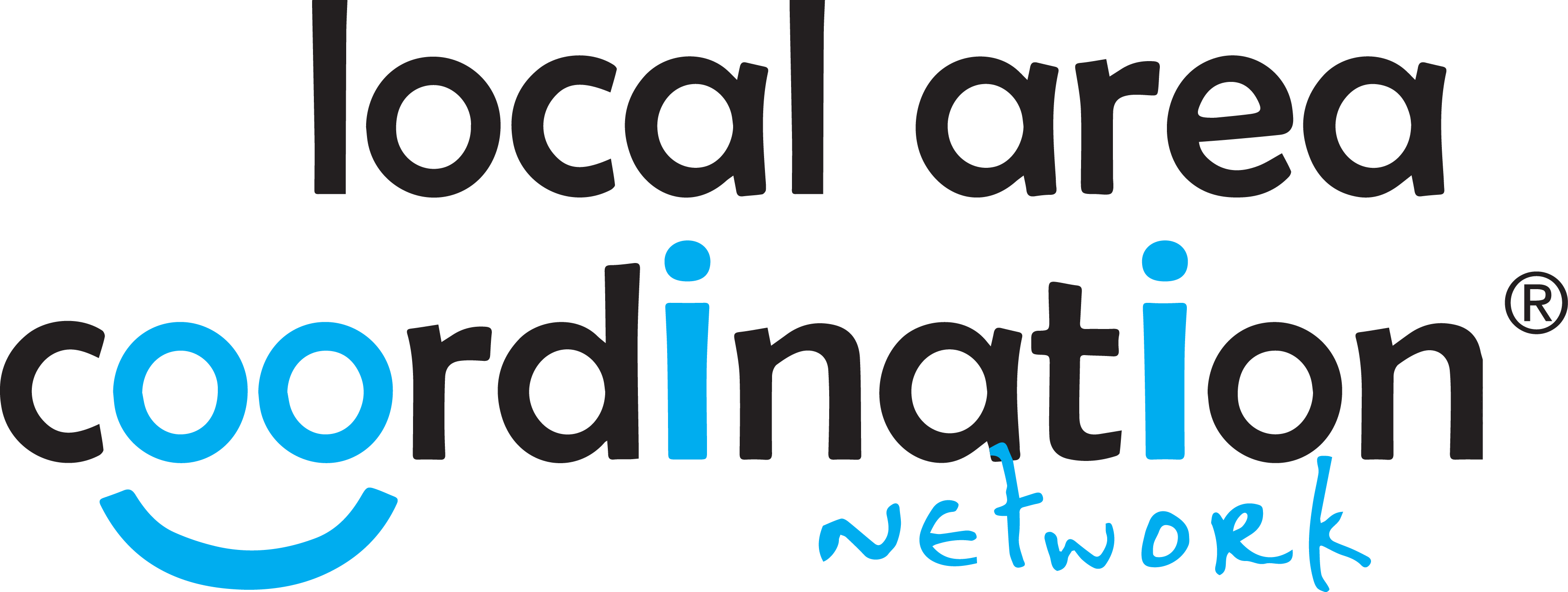In researching my job interview presentation last year, I quickly picked up that language was a really important part of the strengths-based model of Local Area Coordination. I also noted that in some of the stuff I’d been reading the term was abbreviated to LAC. When you read ‘LAC’ it sounds like ‘lack’ which obviously means a deficiency or an absence of strength.
At the time of my interview preparation I was leading projects which included young people who had left care or who were in the process of doing so. I was aware that sometimes young people leaving care were referred to as ‘LAC’s’ by those tasked with helping them. This really jarred with me and I always found it upsetting. The term ‘NEETs’ – young people who are Not in Education, Employment or Training – was another one that always got to me. I find this term particularly challenging. NEET sounds like ‘neat’ meaning tidy or well-ordered, and in American-English, another word for ‘great’. From what I witnessed there was rarely anything neat about the relentless struggle of accessing the resources required to flourish in a world of ever reducing opportunity.
Could it be that referring to a person on the cusp of their adult life as a ‘LAC’ or a ‘NEET’ is symbolic of that individual being lost in a troubled and struggling system? Or are they just simple abbreviations that help speed up pressurised working? For me, whilst I understand there is a rationale, these terms seem all too often present in a process of defining people by what is missing in their lives. I do wonder how this can be a good thing.
Anyway, needless to say this was something that was on my mind as I headed in to the offices of Community Catalysts for my job interview. Like most job interviews the presentation I had to do was strictly time bound, so I asked Sian the CEO of Community Catalysts before I started how she felt about Local Area Coordination being abbreviated to LAC (sounding like lack)? As expected, she felt strongly that it was not a good abbreviation to use. I am glad she held the line on this although it did rather put the timing of my presentation at risk. In the end I think I still managed to stick to time…I just had to talk faster.
A commitment to using positive language and avoiding labels where we see problems helps us to drive conversations away from what is missing and towards what is abundant. Where properly used language is a tool that helps empower people to take back control of their lives, strengthens community and massively affects systems for the better. It is important that we remember the power our words have and challenge each other in a positive way when we fall short.
For those engaged in Local Area Coordination, it may take me a bit more time to say the term in its fullness (or even just to say the letters L-A-C), but I think it is worth the effort in the long run as what is LACking in people is very much the opposite of what we’re all about.
